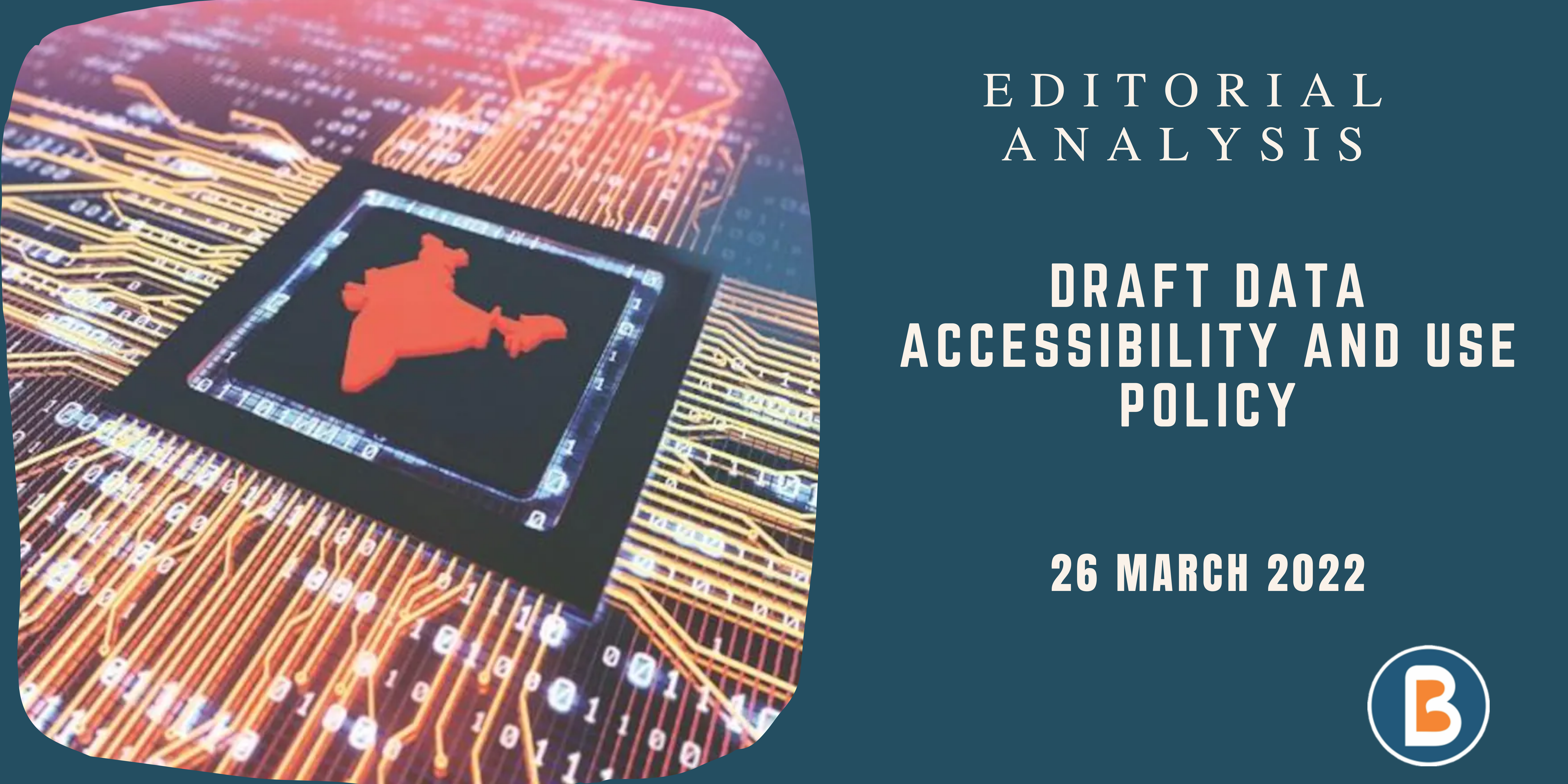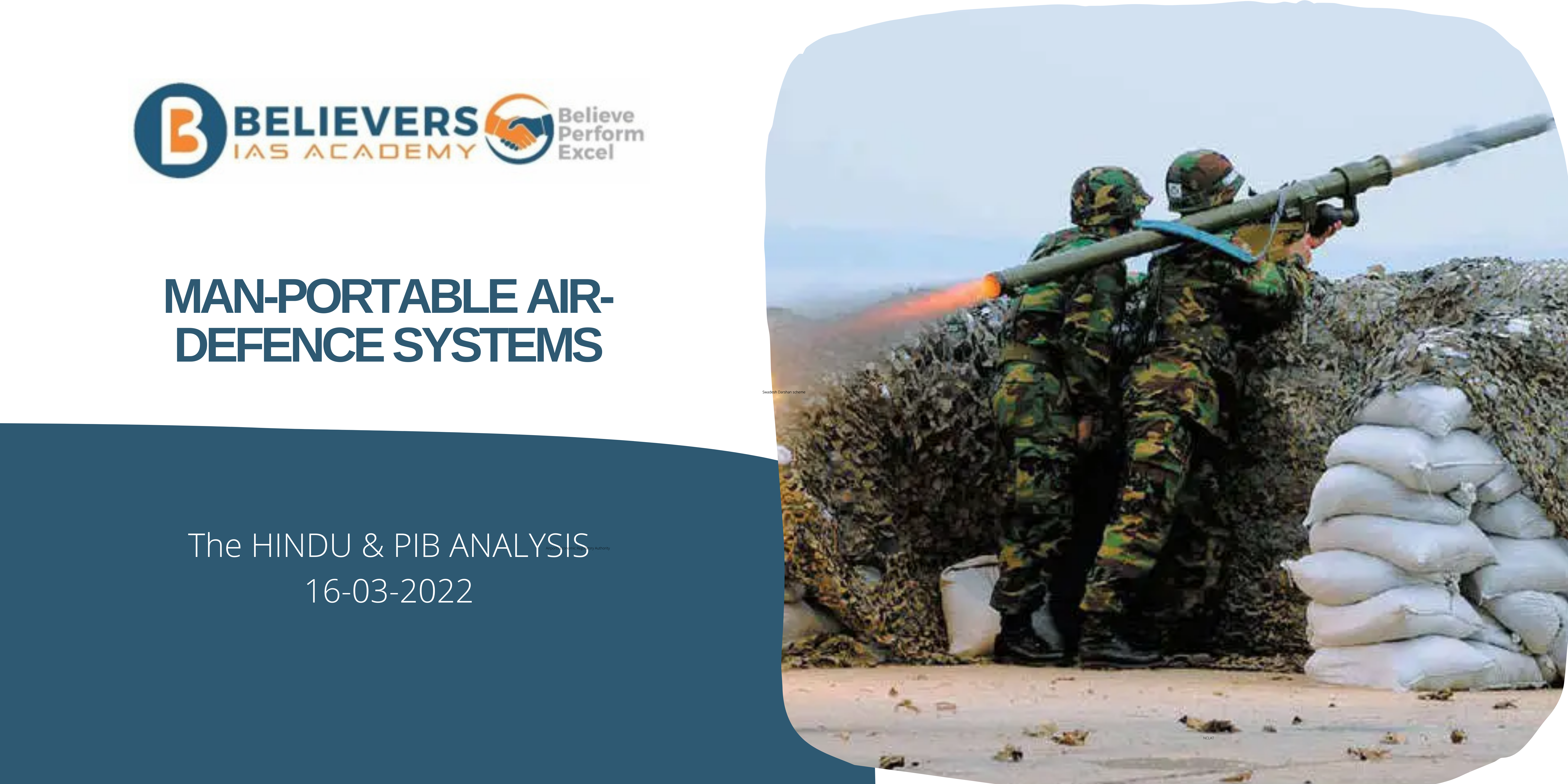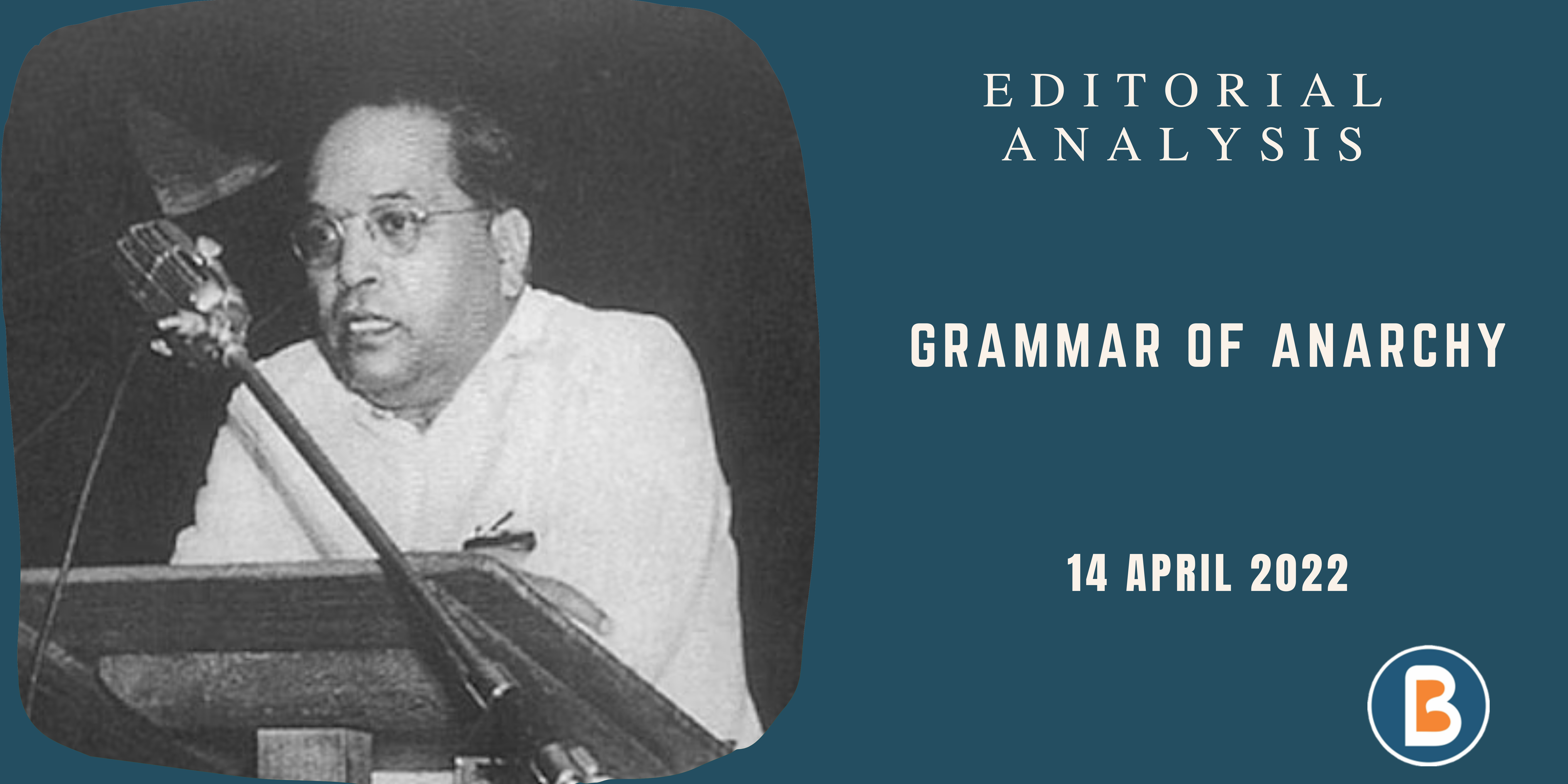Draft data accessibility and use policy
Context:
- Recently the Ministry of electronics and information technology released the draft India data accessibility and use policy for public consultation.
- The draft aims at providing a mechanism for harnessing the public data, this data can be used for various purposes such as public services and other digital transactions.
Background:
- The draft largely concentrates on non-personal data that is available with the public sector.
- This policy seeks to harness this data for data-based intelligence governance and economic development.
- The core principle of the draft policy is bringing in public participation and bring in awareness among the public.
- One of the core objective of the draft policy which is mentioned is the open data which will be available in the open forum.
- This raises few concerns about the privacy of the individuals given the threat of cyber security it poses a ethical and procedural dilemma to balance the risk of data miss use.
- The draft policy assumes that just with anonymized Data that the privacy of the individuals will be protected.
- Even in the case of anonymous citizens data downstream processing can pose serious risks to the privacy of the citizens.
- Considering that India has no personal data protection law this draft policy becomes problematic.
Trusteeship approach:
- This draft policy says that the owners of the nonpersonal data will be the government which is against the Twenty20 report of the MEITY committee of experts on non-personal data governance.
- This committee was of the opinion that the ownership of this non-personal data should be on trusteeship basis.
Who holds the data resources?
- In the present situation it is the private sector that holds the large and most valuable data resources.
- So it is a challenge for the state to bring in Socio economic innovation for the ease of governance.
- In this context we can quote the example of European union where it has pooled in Common set of resources focusing on a few sectors.
- This data can be used in areas such as health energy agriculture and other public sectors.
Way forward:
- There is a need for a new social contract for data where the social comments of data is governed as a common thing that belongs to all citizens.
- The government is the custodian or the trustee which shall take the responsibility to promote the usage of data for public good.
- It is necessary to ensure that the data and other aspects related to it shall be democratized through a accountable institutional mechanism.
Source: THE HINDU.




